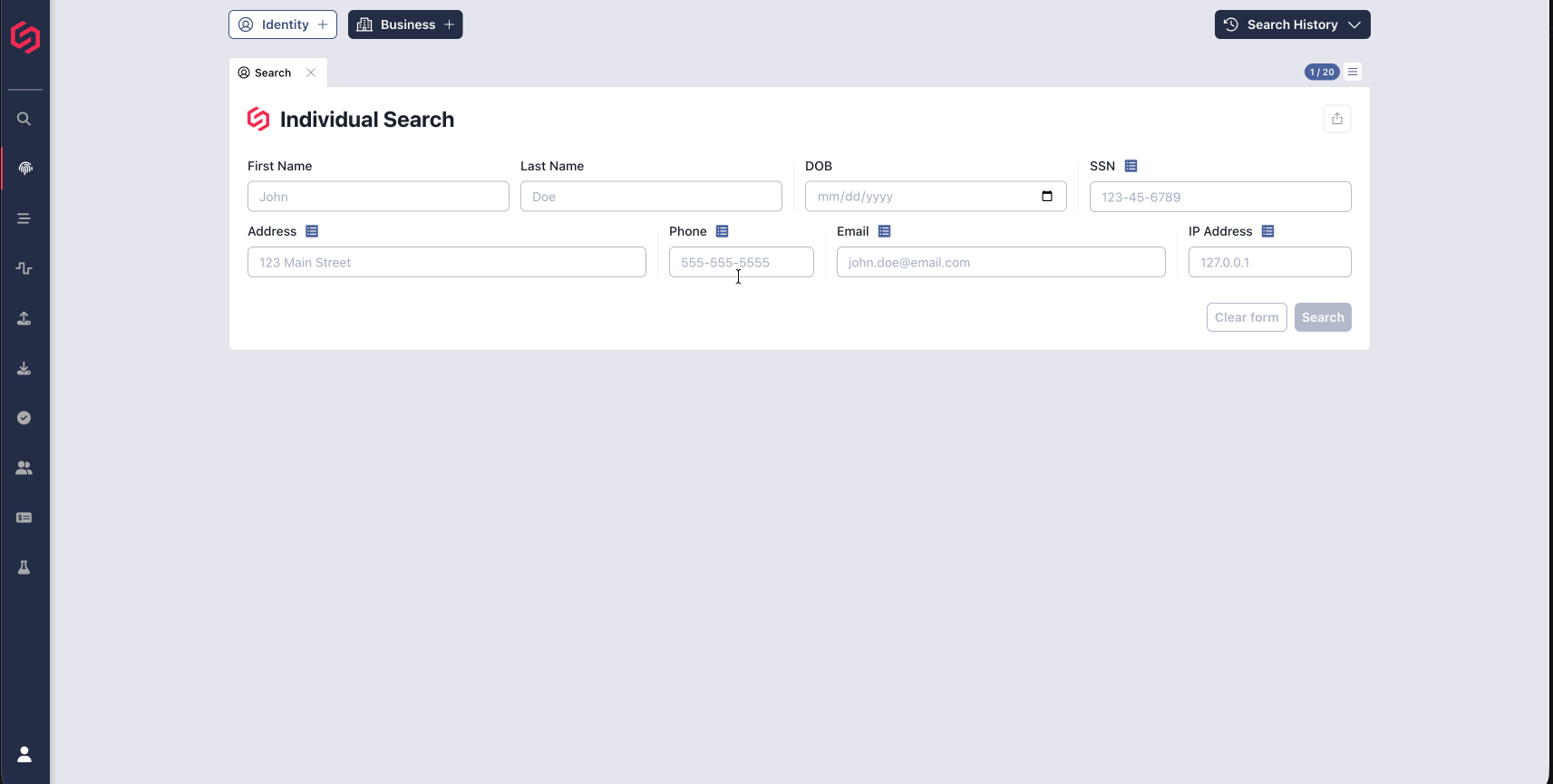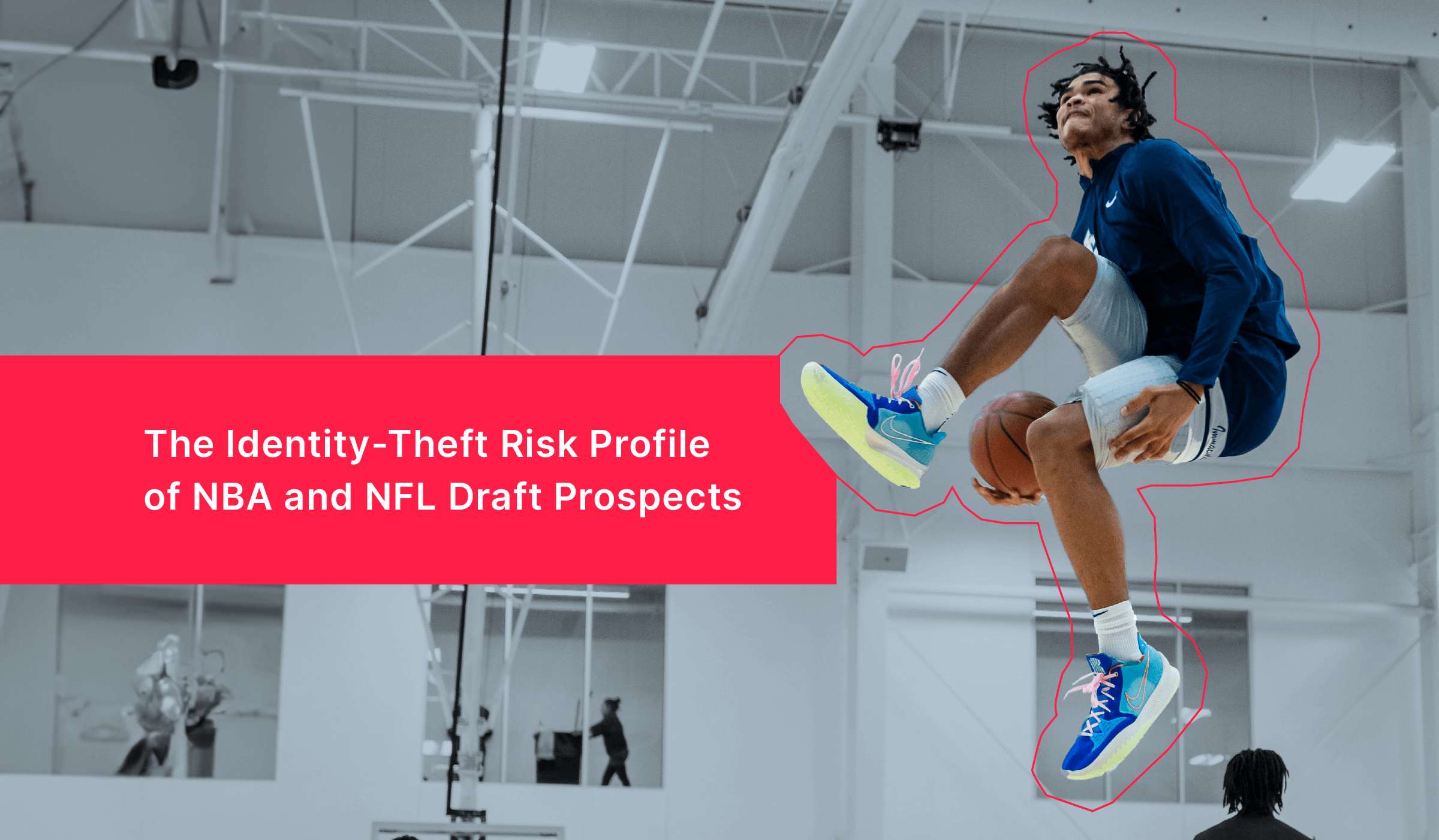Blog post
What Happens When You Escalate a Case to SentiLink?
Charlie Custer
Published
May 6, 2024

Most identity verification cases are pretty cut and dry. The vast majority of applications come from legitimate customers using their real identity, and automated solutions like SentiLink’s fraud scores will help catch many cases of attempted fraud and identity theft in real time.
Inevitably, though, there are cases that aren’t obvious. Tricky cases where the scores hover right near your thresholds, and a manual review of the case turns up conflicting evidence. Strange cases that you’d like a second set of eyes on.
When you encounter stumpers like these, you’ve got a lifeline (at least, if you’re a SentiLink partner): case escalation.
In this post, we’ll take a close look at why, when, and how to escalate your tricky cases to take advantage of our world-class Fraud Intelligence Team (FIT).
Having access to the Fraud Intelligence Team via the escalate feature of the Dashboard is fantastic. I have the benefit of expanding the power of my team with the expertise of colleagues in the industry and bringing extra attention to those hard-to-solve fraud investigations.
- Elizabeth Young
Portfolio Risk Analyst, Cardless
Why escalate a case
While SentiLink’s scores and other products are all designed to help you make a clear determination about whether or not an applicant’s identity is genuine, the reality is that no product can give you a cut-and-dry label for every single application.
Most of our partners have their own fraud or operations teams, and we provide all partners with access to the SentiLink dashboard to facilitate manual case reviews internally.
Sometimes, though, the situation is murky even after manual review, and that’s when it can be helpful to escalate a case to SentiLink’s fraud intelligence analysts. Our FIT team has a lot of experience, and access to data from our partner network and other third-party data sources that your team may not.
(Want to level up your own team? We offer case investigation training to all partners!)
When to escalate a case
Generally speaking, partners should consider escalating a case when they are not able to make a determination based on the information available to them both in their own systems and via SentiLink’s partner dashboard. We also encourage partners to escalate a case if you think we may have gotten something wrong, or if you have access to data we don’t (such as an uploaded document) that impacts how the case is labeled.
In practice, partners often escalate cases with scores that fall close to their score thresholds, and conflicting evidence that makes the case difficult to label.
New partners also sometimes escalate cases to help their internal team get calibrated as they get up and running with SentiLink for the first time.
While partners may escalate any case they’d like help with, it is worth noting that there are some situations in which escalation is probably not the most efficient course of action:
- When you don’t understand the meaning of a reason code or some other aspect of the SentiLink dashboard, it will be more efficient to schedule training so that we can help your entire team understand the information available to them, rather than answering these questions on a one-by-one, case-by-case basis. We are happy to offer your teams training on the dashboard and on fraud case investigations in general.
- When you suspect a fraud ring, it is best to batch-upload all of the relevant applications at once. We’re happy to help investigate fraud rings, but case escalation is meant for single-case investigations. A batch upload will allow us to look at the picture more holistically and thoroughly.
- When the score and all available information points toward a single conclusion, escalating the case to SentiLink to confirm that conclusion is inefficient – we will almost certainly tell you what you already know!
With that said, partners may escalate any case they’d like our team to review.
How to escalate a case
Our partner dashboard includes an Escalate button for each case that you are reviewing. If you have come across a tricky case that you’re unable to label with the information available to you in the dashboard, simply hit that button and then fill in the form to submit your escalation to SentiLink.
To begin an escalation, we require that you select at least one tag to help us categorize the type of review we’ll be performing. For example, if you’d like our team to evaluate whether a particular application looks like synthetic fraud, you would apply the Synthetic Review tag.
Then, we ask that you write an explanation to give us more context about what you’re seeing and what you think we might be able to do to help resolve the case. The more detail that you can provide us about why you’re escalating the case and what you’re looking for help with, the easier (and thus faster) it will be for us to find what you need!
What happens after escalation?
When you escalate a case through the dashboard, it is automatically added to the queue for one of our fraud intelligence analysts to review.
Their procedure for case review will depend on the specifics of the case in question, as well as the specifics of your request. To label the case, they will look at a variety of data including the application data, related historical data from our network of 300+ partners, third-party data from a variety of external sources, and open-source data available via web search.
After they have determined the case label, they will attach it to the case along with some explanation of their decision. Partners can see this information in their dashboards and will also receive an email notification.
As of this writing, our promise is that we will respond to all case escalations within 24 business hours – although we’re often even faster!
In most cases, this means that partners will receive a case label and explanation within 24 business hours, but in some cases we may have clarifying questions that require answers before we’re able to resolve your question. If we do have a question for you, we’ll communicate that in the same manner described above (in the dashboard interface and via email).
Let SentiLink help resolve tricky cases
While we love helping partners stop fraudsters and verify the identities of legitimate customers, case escalations actually help us too! They’re an important opportunity for us to better understand both your business needs and the new strategies fraudsters are using to attempt to evade your identity verification systems.
So, while we do ask that you follow the guidelines above to ensure that we’re able to help you as quickly and efficiently as possible, when you come across a stumper, don’t hesitate to escalate! We’re here to help.
Not a SentiLink partner yet? Book a demo today to learn how our products (and our amazing Fraud Intelligence Team) can help you identify more legitimate customers and lose less to fraud.
Related Content
.png)
Blog article
February 20, 2026
Romance Fraudsters Have Found a New Target: Your Home Equity
Read article
Blog article
February 19, 2026
Introducing SentiLink Intercept: Precision Tools for High Stakes Fraud Decisions
Read article
Blog article
December 2, 2025